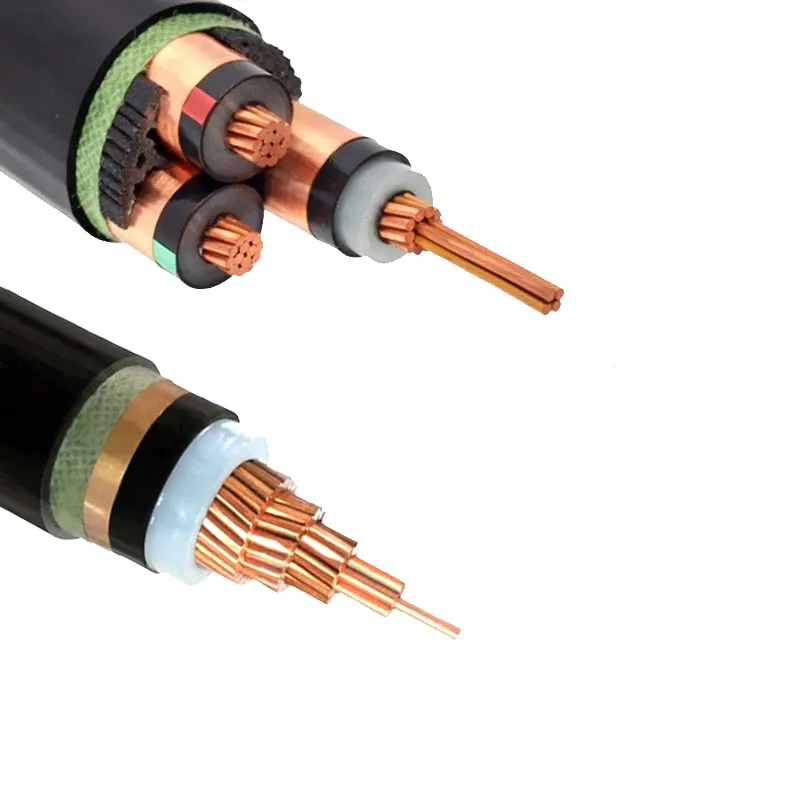
RV CE Certification Process and Requirements for Compliance and Safety Standards
Understanding CE Certification for RVs Safety and Compliance in the RV Industry
In recent years, the recreational vehicle (RV) industry has seen tremendous growth, attracting outdoor enthusiasts and families alike. As manufacturers seek to create innovative and comfortable living spaces on wheels, safety, and compliance have become more critical than ever. One of the crucial aspects of ensuring the safety and marketability of RVs in Europe and beyond is obtaining CE certification. This article delves into what CE certification entails, its importance for RV manufacturers, and the benefits it offers to consumers.
What is CE Certification?
CE certification, which stands for Conformité Européenne, is a mandatory conformity mark for products sold within the European Economic Area (EEA). It indicates that a product complies with EU safety, health, and environmental protection standards. For RV manufacturers, obtaining CE certification means that their vehicles meet stringent safety regulations laid out by the European Union. It applies to various aspects of the RV, including electrical systems, structural integrity, fire safety, and environmental sustainability.
The Importance of CE Certification for RV Manufacturers
1. Market Access To sell RVs in Europe, manufacturers must comply with CE marking requirements. This certification opens the doors to a vast market, enabling manufacturers to reach a broader audience and increase their sales potential.
2. Consumer Trust CE certification serves as a quality assurance mark for consumers. When buyers see the CE mark on an RV, they can have confidence that the vehicle meets EU standards for safety and quality. This trust can be a deciding factor in purchasing decisions.
3. Legal Compliance Failure to obtain CE certification can lead to legal repercussions for manufacturers. Non-compliance can result in fines, recalls, or bans from selling products in the EU market. Therefore, CE certification helps manufacturers avoid potential legal challenges and the associated costs.
4. Increased Product Quality The process of obtaining CE certification often involves rigorous testing and evaluation. This not only ensures compliance with regulations but also promotes continuous improvement in the quality and safety of RVs. Manufacturers are encouraged to adopt higher standards, leading to better products for consumers.
The CE Certification Process for RVs
The process of obtaining CE certification for RVs typically involves several key steps
1. Risk Assessment Manufacturers must conduct a thorough assessment to identify potential risks associated with their RVs. This involves evaluating design, materials, and construction processes.
ce certification rv k

2. Testing Various tests must be conducted to ensure compliance with relevant standards. This may include electrical safety tests, fire resistance assessments, and structural integrity evaluations.
3. Documentation Manufacturers are required to maintain detailed documentation demonstrating compliance with CE regulations. This comprehensive file includes test reports, design plans, and safety assessments.
4. Declaration of Conformity When all requirements are met, manufacturers must draft a Declaration of Conformity, confirming that their RVs adhere to EU regulations. This document is essential for affixing the CE mark to the vehicle.
5. Continuous Compliance CE certification is not a one-time process. Manufacturers must continuously monitor their products to ensure they remain compliant as regulations evolve and to address any emerging safety issues.
Benefits for Consumers
For consumers, purchasing a CE-certified RV offers several advantages
- Enhanced Safety CE certification means that the RV has undergone rigorous testing, ensuring that it is safe for use. This is crucial for family outings where safety is a priority.
- Better Quality The process of obtaining certification encourages manufacturers to adhere to high-quality standards, translating to more reliable and durable RVs.
- Access to Technical Support CE certification often comes with access to customer service and technical support, helping consumers with any issues they may encounter.
Conclusion
In conclusion, CE certification is essential for RV manufacturers looking to navigate the complexities of the European market. It not only ensures compliance with regulatory standards but also enhances consumer trust and safety. For consumers, purchasing a CE-certified RV provides reassurance regarding quality and safety. As the RV industry continues to evolve, understanding the importance of CE certification will play a pivotal role in shaping a safer and more reliable future for recreational vehicle enthusiasts.
-
Reliable LIYCY Cable Solutions for Low and Medium Voltage ApplicationsNewsJul.14,2025
-
Premium Overhead Electrical Wire Solutions for Low and Medium Voltage ApplicationsNewsJul.14,2025
-
Innovative XLPE Electrical Cable Solutions for Modern Low and Medium Voltage NetworksNewsJul.14,2025
-
High-Quality Ethylene Propylene Rubber Cable – Durable EPDM Cable & 1.5 mm 3 Core OptionsNewsJul.14,2025
-
Exploring the Versatility of H1Z2Z2-K 1X4mm2 Cables in Modern ApplicationsNewsJul.14,2025
-
Uses of Construction WiresNewsJul.14,2025
-
Types of Neoprene CableNewsJul.14,2025














